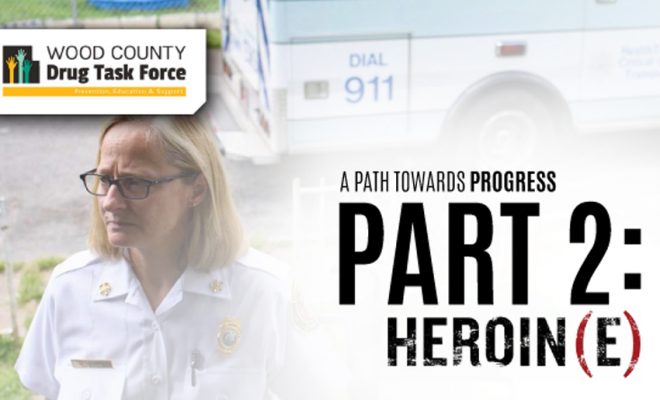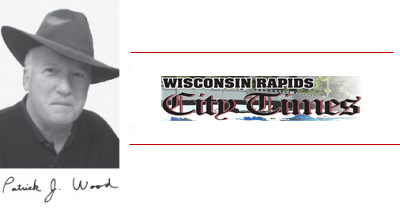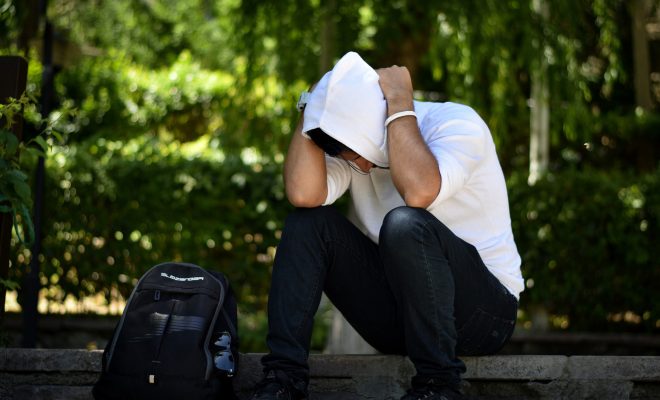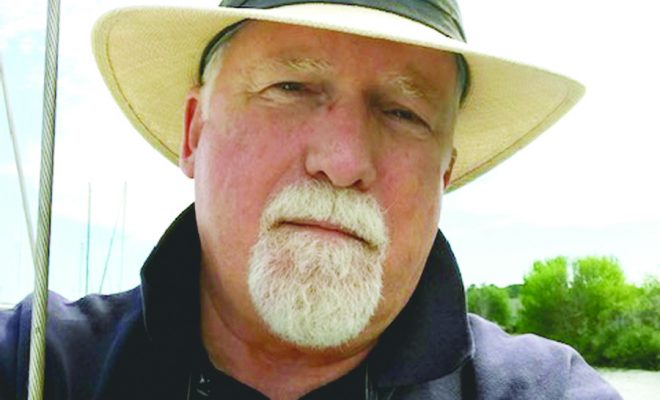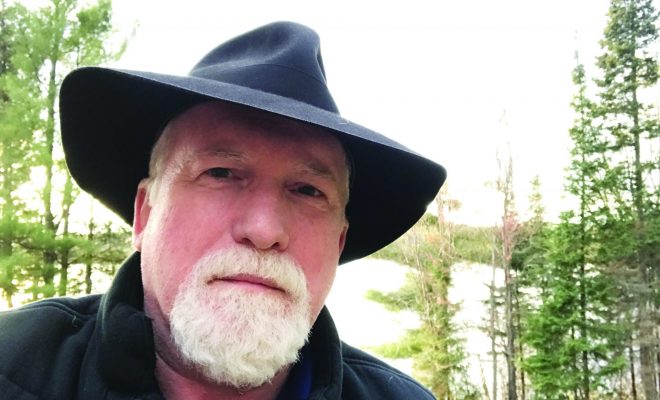The Invisible Class
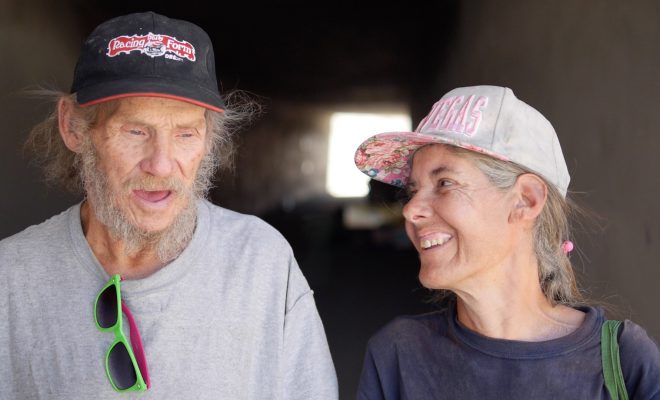
Central Wisconsin event to tell the story of homelessness
By MMC staff
CENTRAL WISCONSIN – What does homelessness look like and what are its causes?
On Oct. 16, a local organization will host an event which will give community members a first-hand look at homelessness in America, its catalysts, and the loss of affordable housing.
St. Vincent de Paul will host a sneak preview of the new documentary film, “The Invisible Class” along with several interactive elements in Wenzel Family Plaza on Oct. 16.
“We are hoping attendees will gain a better understanding of the barriers that individuals and families face as they attempt to navigate through a life of poverty. Organizations throughout our community have assisted countless families throughout this pandemic who have never had to ask for help before. How many missed paychecks could your family endure?” asked Vincent de Paul Outreach Director Trisha Hebert.

Director Josh Hayes said that it took the group 11 years to make the documentary, which he said is unique to others. Submitted image
Invisible Class Director Josh Hayes said that it took the group 11 years to make the documentary, which he said is unique to others.
“The two reasons we realized the film needed to be made so many years ago are unfortunately are still true today. First, there aren’t nearly enough documentary films out there on homelessness in general. Secondly, those that do exist don’t look at the systemic causes that created mass homelessness, and continue to perpetuate it to this day,” he said in a release.
“The way that we’re releasing the film is a little bit unique to some folks. We are currently allowing the film to be seen in community based settings through homeless service providers and educational facilities. That enables us to partner directly with like-minded organizations and to make sure that the film is in the right hands.
“So it’s not on Netflix, Amazon, etc,” he explained.
“In the modern age of Netflix, Amazon, Hulu, etc. most of us view documentary films in a specific way (that is if we even find one in the sea of thousands of choices in the first place). We watch a film, get inspired, and then go to bed. We don’t really know how to help, we go to work the next day and life goes on.
“The opposite can be true for a community-based exclusive screening, which nowadays is largely virtual due to COVID. This makes watching the film an event and therefore more meaningful because it’s a bigger deal than just flipping through the channels at home.”
The group also hosts an “Employee Training Program.”
“These trainings were borne out of requests from service providers wanting to help their employees understand homeless history and the national picture,” Hayes explained. “Basically it’s a everything you need to know in 90 minutes kind of vibe, followed by a 30-60 minute conversation. Employee Trainings continue to grow in popularity and now almost make up half of our screenings.”
The programs are operated on a “suggested donation” basis.

